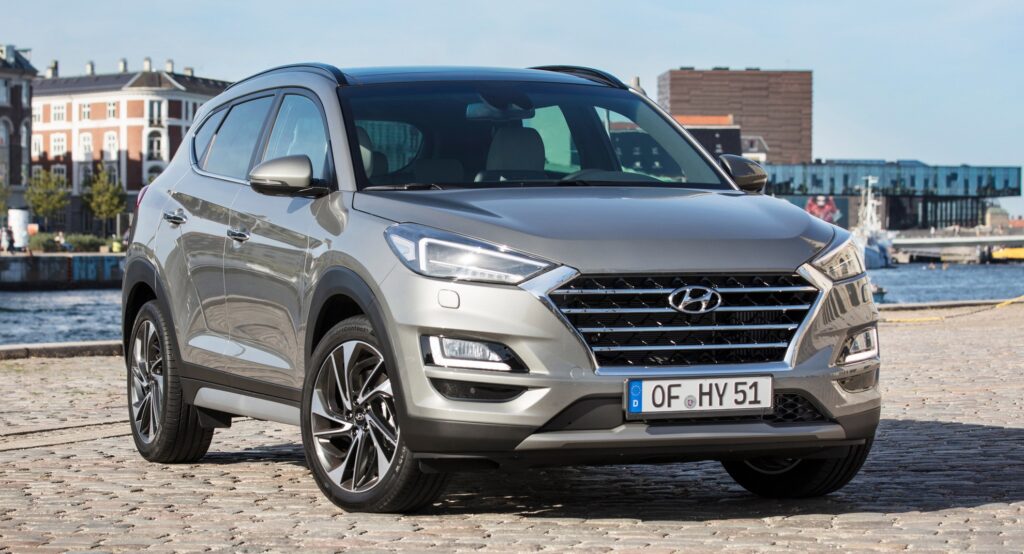German authorities have raided eight separate premises belonging to Hyundai and Kia in both Germany and Luxembourg under the suspicion that the Korean companies have committed fraud. The charges stem from what prosecutors say are defeat devices that reduce or eliminate emission reduction controls when diesel-powered vehicles are in operation on the road.
Initially reported by Handelsblatt, some 140 investigators descended on the eight locations searching for evidence to support the allegations. If found to be true, it would mean that about 210,000 vehicles in total are out there with emissions-cheating technology that produces far cleaner results under test conditions than it does in the real world.
According to prosecutors, the vehicles in question were sold until 2020. Of course, neither brand has sold a diesel-powered car in the States so this raid is specific to Europe. Both Hyundai and Kia have separately confirmed the raids and told Bloomberg that they were cooperating with the authorities. Interestingly enough, the two companies aren’t the only ones that authorities are interested in with regard to the raids.
Read More: Porsche SE Facing Lawsuit In U.S. Over Dieselgate Scandal
While not confirmed at this stage, Bloomberg says it seems very likely that the software responsible for the cheating mechanism came from Bosch and former Delphi Technologies, a brand that was acquired by BorgWarner Inc, in 2020.
BorgWarner for its part has already commented on the situation to say that it’s also cooperating with authorities and Bosch GmbH says that it settled with Stuttgart prosecutors in 2019.
That seems to indicate that these dominos have been slowly falling for more than two years and it likely means that those conducting the raid are very confident that they’ll find additional evidence to back up the allegations. Kia and Hyundai are by no means the first companies to be embroiled in a diesel emission cheating scandal.
Many will vividly remember when Volkswagen admitted to a massive emissions-cheating scheme back in 2015. Similar to the allegations leveled here, those VW products were found to allow for far less emission control during normal driving than when they were put on a testing rig.
This is a developing story and we’ll keep you apprised of all the latest as we learn of it.






